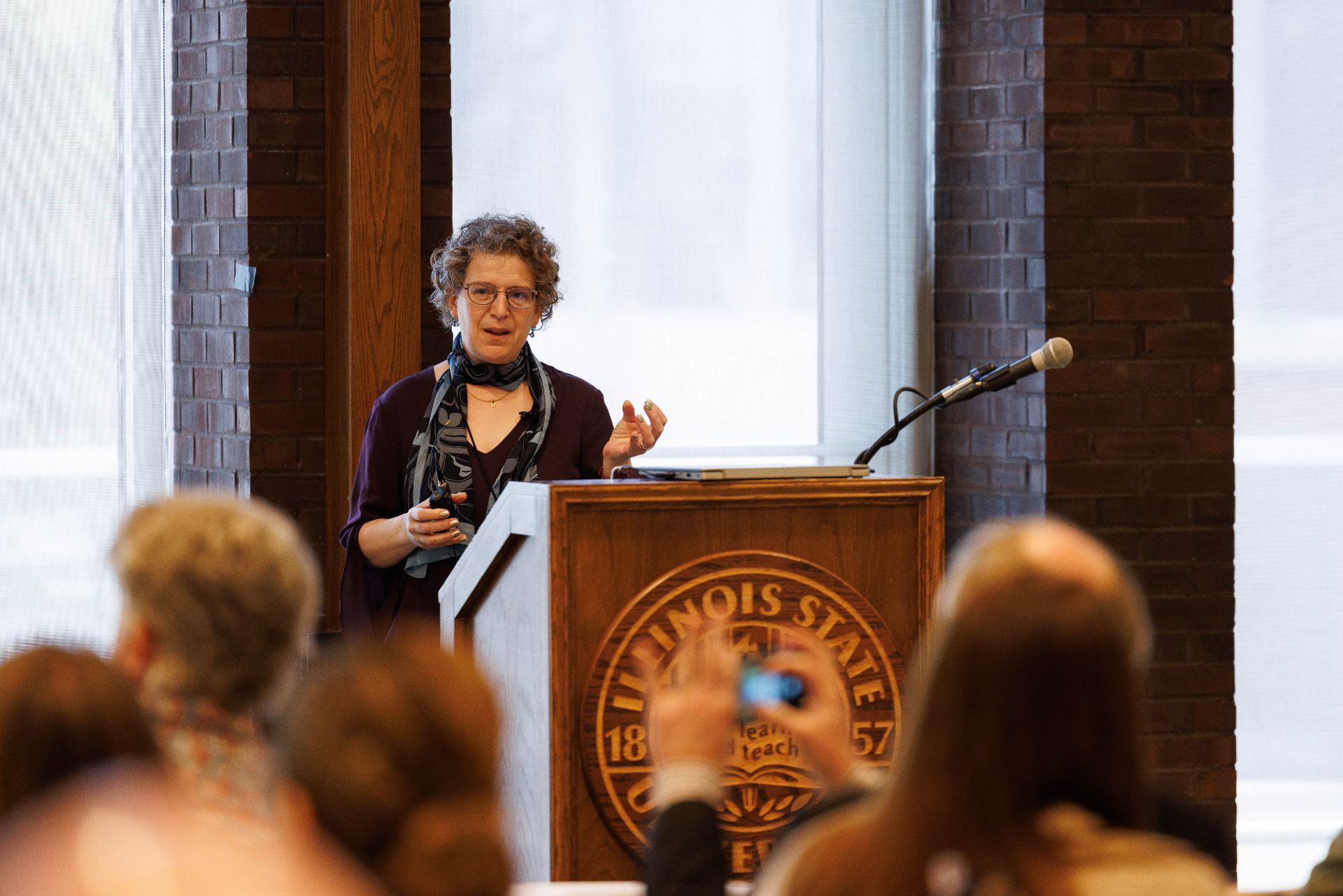Exploring the Intersection of AI and Humanities at University Symposium

Exploring the Impact of AI in Academia: Insights from the AI and Humanities Symposium
The Rising Influence of AI in Education
Dr. Katherine Ellison, chair of the Department of English at Illinois State University, frequently encounters advertisements for the latest artificial intelligence (AI) applications while browsing online. More alarmingly, she’s noticed a trend among her students: around 70% of assignments submitted in writing-intensive courses exhibit AI influence. This overwhelming intrusion of AI into academic settings, especially following the release of OpenAI’s ChatGPT in November 2022, has created a sense of unease among educators.
To address these growing concerns, Dr. Ellison and a team of graduate students organized the "AI and the Humanities: An Interdisciplinary Symposium." Held on April 16-17 at Illinois State University, this event sought to bring together scholars to discuss the challenges and opportunities presented by AI in the humanities.
Objectives of the Symposium
Ellison emphasized the importance of creating a space where educators could engage in thoughtful discussions about AI’s implications. She noted, "We recognized that there is a real need here to be talking about AI, and also to give everyone the opportunity to just slow down and think for a couple of days." The symposium featured more than 30 presentations from 85 scholars, drawing nearly 200 attendees, including virtual participation from Poland.
Key Themes and Discussions
The symposium aimed to address several key questions:
- How can educators effectively incorporate AI into their teaching?
- What policies should be established regarding AI usage in academic settings?
- What creative methods can be used to teach students about the ethical use of AI?
Dr. Emily M. Bender, a professor of linguistics at the University of Washington, kicked off the event with a keynote speech focused on resisting the dehumanization associated with AI advancements. She urged scholars to cultivate a deeper understanding of human experiences, employing various art forms to illustrate the intricacies of identity and relationality.
Keynote Speakers and Topics
The symposium featured notable keynote speakers, including:
- Dr. Emily M. Bender: Addressed the implications of AI on human identity and the need for humanities scholars to uphold ethical standards in their teaching and research.
- Amy Kurzweil: A New Yorker cartoonist and graphic novelist, who shared insights on the creative aspects of integrating AI in art.
- Matthew Salzano: An IDEA Fellow focusing on ethical AI practices.
- Lillian-Yvonne Bertram: Director of the M.F.A. in creative writing program at the University of Maryland.
The diverse topics covered included:
- The historical context of AI
- Psychological effects of deep fakes
- AI and racial bias
- Legal implications of AI
- Responsible use of AI in K-12 education
Unique Aspects of the Symposium
What set this gathering apart was its focus on humanities, social sciences, and arts, fostering interdisciplinary collaboration. Dr. Ellison highlighted the importance of blending theory with practical applications, saying, "We are bringing together many different disciplines at this conference that usually aren’t at conferences together."
As a leader in discussions around AI ethics, Illinois State University recently established the Committee on the Responsible Use of Artificial Intelligence. This initiative aims to develop a strategic plan addressing ethical concerns related to AI’s growing presence in academia.
Looking to the Future
Dr. Ellison expressed a desire for increased confidence among scholars regarding their approach to AI. She hopes that the symposium enables participants to regain a sense of control over their academic practices, allowing them to explore innovative ways to incorporate AI into their work while recognizing the limitations of its use.
This dialogue around AI is crucial not only for educators but also for the next generation of students, as institutions respond thoughtfully to the challenges posed by technological advancements.






